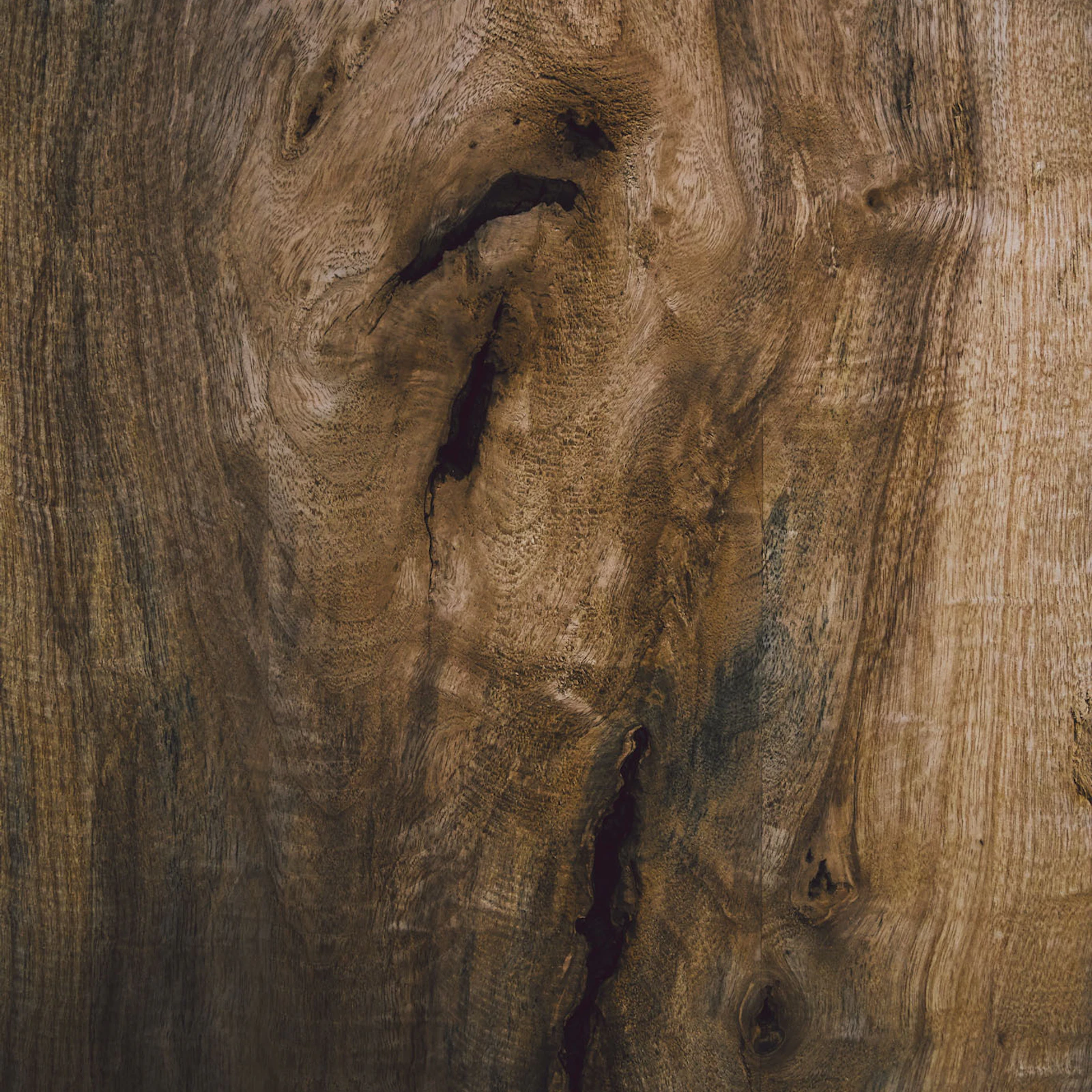When it comes to choosing the perfect countertop material, homeowners often find themselves weighing beauty, durability, maintenance, and cost. Quartz has become one of the most popular choices in kitchen design—and for good reason.
Engineered for performance yet stylish enough to elevate any design aesthetic, quartz offers a blend of practicality and visual appeal. Still, like any material, it comes with a few considerations.
Quartz is one of the toughest materials you can install in a kitchen. Because it’s engineered from crushed quartz stone and resin binders, it’s incredibly hard and resilient. It resists scratches, chips, moisture, and everyday wear—making it an ideal choice for high-use kitchens, busy families, or avid home cooks.
Unlike natural stone, quartz never needs sealing–ever. Its non-porous surface makes cleaning simple: just mild, non-abrasive soap and warm water. It also won’t etch from citrus or vinegar, and it’s far less likely to stain or discolor over time, giving you long-term peace of mind with minimal upkeep.
One of quartz’s biggest advantages is its non-porous nature. It doesn’t absorb liquids, bacteria, mold, or mildew, making it one of the most sanitary options for kitchen prep surfaces. For households that prioritize cleanliness, this feature alone can be a standout.
Quartz offers nearly endless design possibilities. Available in a wide range of colors, patterns, and finishes—from marble-inspired veining to minimalist solid tones—it suits virtually any kitchen style. Because quartz is engineered, the veining and color remain consistent from slab to slab, which is especially beneficial for large kitchens or waterfall islands where matching patterns matters.
Heat Sensitivity: While quartz is durable, it is not heat-proof. The resin binders within the material can discolor, crack, or even melt under extreme heat. That means hot pots, pans, slow cookers, and countertop appliances should never be placed directly on the surface. Always use trivets or heat pads to protect your investment.
Higher Upfront Cost: Quartz generally comes with a higher price tag compared to some natural materials like laminate or butcher block. However, many homeowners find that the long-term durability, low maintenance, and aesthetic versatility make it a worthwhile investment—especially when considering resale value and longevity.
Quartz countertops combine luxury aesthetics with practical performance, offering a durable, low-maintenance surface that works beautifully in busy kitchens. While heat sensitivity and cost may be drawbacks for some homeowners, the overall benefits often outweigh the cons. If you’re looking for a countertop that’s stylish, sanitary, and built to last, quartz may be the perfect addition if you're looking to https://sustainable9.com/news/....
At Sustainable 9, we recommend quartz for a wide range of spaces—from high-traffic kitchens to bathrooms, mudrooms, and custom bars—because it consistently delivers long-term value and timeless appeal. Its engineered composition allows for waste reduction during manufacturing and provides an eco-friendly alternative to more resource-heavy natural stones. With durability, ease of care, and sustainability in mind, quartz aligns beautifully with our commitment to modern, high-performance, and sustainable home design.
